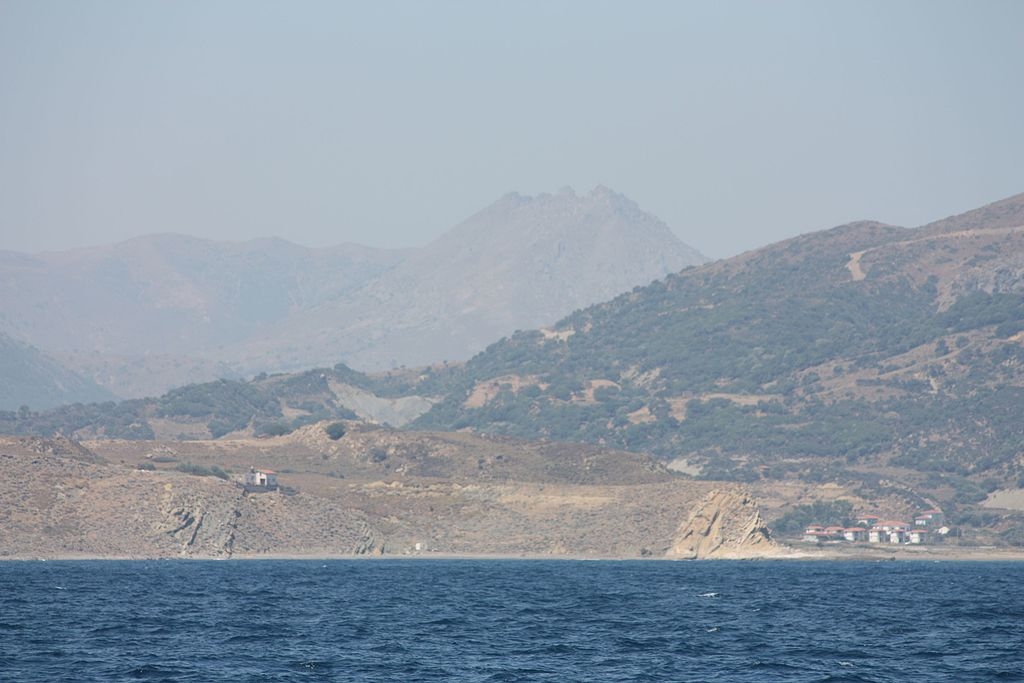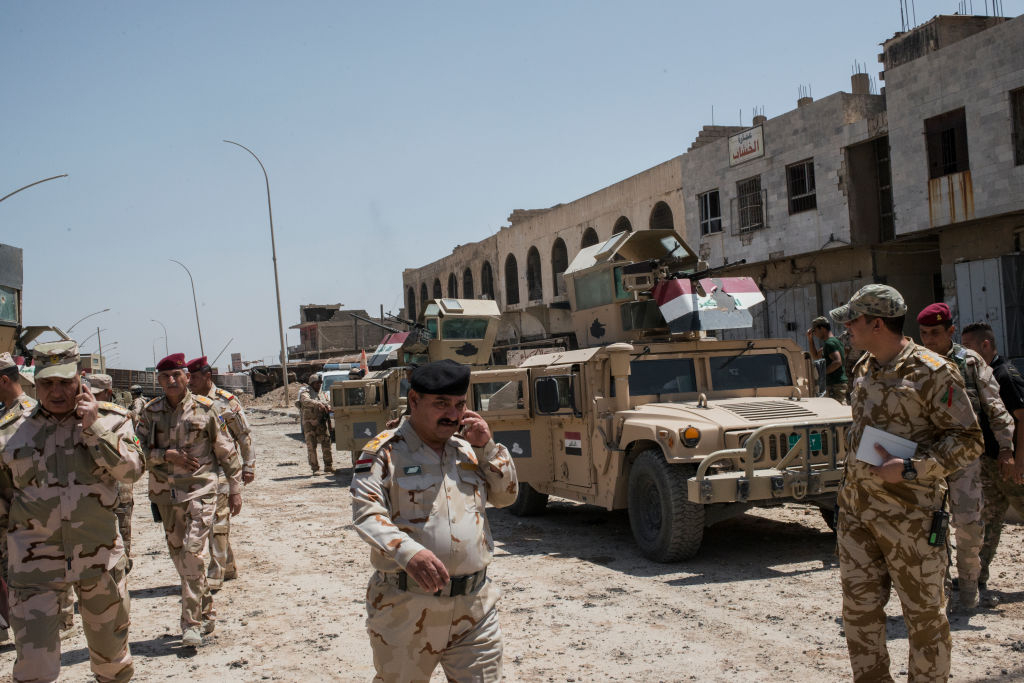In this mailing:
- Raymond Ibrahim: "We Are Never Heard": Persecution of Christians, May 2019
- Amir Taheri: Iran's Trojan Army Faces Challenge in Iraq
by Raymond Ibrahim • July 21, 2019 at 5:00 am
"The assailants asked the Christians to convert to Islam, but the pastor and the others refused." So "they called them, one after the other, behind the church building where they shot them dead." — World Watch Monitor, Burkina Faso, May 2, 2019.
"When the next wave of violence begins to hit us, will anyone on your campuses hold demonstrations and carry signs that say 'We are all Christians'?" — Rev. Bashar Warda, Archbishop of Irbil, the capital of Iraqi Kurdistan, in an address delivered in London.
" [A] new form of persecution is on the rise—Christian girls are being targeted by Muslim men... Influential leaders are literally training young men to target Christian girls to impregnate them"... "[T]hey're forced into marrying that daughter into a Muslim family.... Once girls are married into the Muslim families, they're often cut off from or abandoned by their families and they face even more difficult circumstances. In some cases, girls are the second or third wife of their persecutor and they have few freedoms." — Mission Network News; Lindsey Steele; May 22, 2019. — Indonesia.
"The mob began shouting outside our home asking for our family to exit our home and receive divine retribution for our sin. It did not seem very divine—we just saw raging evil violent people ready to kill us." — British Pakistani Christian Association; May 21, 2019 — Pakistan.

The May 14 torture and murder of an 86-year-old Greek Christian man on the island of Imbros, in Turkey, is believed to have been a hate crime. Pictured: The island of Imbros. (Image source: by rock/Wikimedia Commons)
The Slaughter of Christians
Burkina Faso: A number of fatal Islamic terror attacks on Christians and their churches took place or were reported in May:
by Amir Taheri • July 21, 2019 at 4:00 am
Although some of the groups involved have exclusively Iraqi roots, the "mobilization" as a whole could be regarded as Iran's Trojan army in Iraq.
From its first days, the Khomeinist regime in Tehran regarded most Arab nations as artificial states created by colonial powers around an army of natives they had created as a means of controlling the population. Thus, revolutionary Iran had to disband or at least weaken those armies by creating Arab revolutionary armies loyal to the ayatollah.
Iraq has an excellent chance, perhaps a unique one, to rebuild itself as an independent and progressive power in the Middle East. However, it cannot do so by repeating the colonial method of nation-building: creating a state around an army subservient to an outside power.

By the end of July, Iraq is set to face what may be the biggest challenge it has faced in its post-liberation history: the full integration of Shiite militias into the regular national army. But, will that actually happen? Pictured: An Iraqi Army unit in Mosul, on June 23, 2017. (Photo by Martyn Aim/Getty Images)
By the end of July, Iraq is set to face what may be the biggest challenge it has faced in its post-liberation history: the full integration of Shiite militias into the regular national army. But, will that actually happen?
This is not the first time that the Iraqi leadership, this time in the person of Prime Minister Adel Abdul Mahdi, announces the integration. Abdul-Mahdi's predecessor Haidar al-Abadi issued similar statements on at least two occasions, each time under pressure from Washington, before meekly retreating.
No one knows exactly how many groups are involved, as figures vary between 5 and 10 in the umbrella organization known as Hashd al-Shaabai(Popular Mobilization). However, one thing is certain: although some of the groups involved have exclusively Iraqi roots, the "mobilization" as a whole could be regarded as Iran's Trojan army in Iraq.
|
|



No comments:
Post a Comment